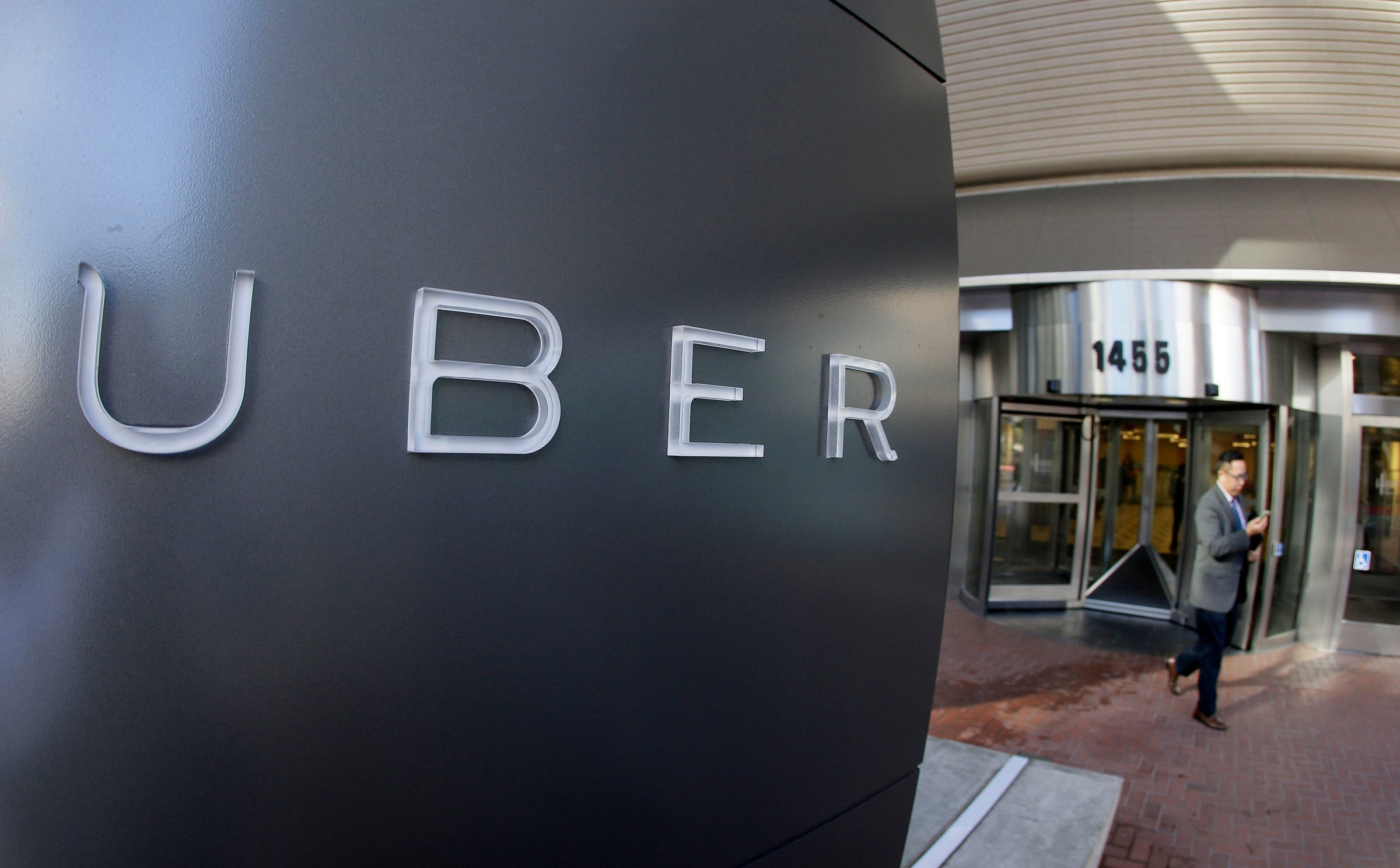
A California judge handed down an order on Tuesday that could spell big trouble for the on-demand economy. Northern District Court Judge Edward Chen determined that 160,000 current and former Uber drivers in the state could be treated as a class, which will allow a lawsuit against the company to go forward. At stake are questions about the future of jobs in America and potentially billions of dollars for one of the world’s fastest-growing companies.
The lawsuit alleges that those drivers were misclassified as independent contractors rather than employees, and that Uber has thus cheated them out of things that employees get under California law, like reimbursements for gas, worker’s compensation and other benefits. The lawsuit also claims that the company failed to pass on tips to the workers.
Chen said in his order the court will allow four named drivers to stand in for the whole lot as lawyers battle over their worker status and tips they may be owed. He denied their request to seek reimbursements for things like gas as a class—saying the four drivers might not be representing everyone’s best interest—but he also gave Shannon Liss-Riordan, the lawyer representing the drivers, 35 days to file arguments convincing him otherwise.
Uber itself has said that if the case doesn’t go in their favor, allowing them to keep treating drivers as contractors—which in turn allows them to avoid costly outlays ranging from payroll taxes to minimum wage—the company might be forced to change its entire business model. That kind of precedent could also send many other companies who have followed Uber’s lead rushing to revamp their business models, converting their booze deliverers or cleaners or handymen to employees. And it would likely influence judges overseeing more than a dozen other cases about the status of workers in the on-demand economy.
At a hearing in early August, Uber’s lawyers argued that their drivers are too diverse—and have such various relationships with the company—that they cannot reasonably be treated as one class. There is no such thing, they asserted, as a “typical” Uber driver. If that argument had prevailed, those 160,000 people would have been left to bring lawsuits on their own, a costly and time-consuming task most likely wouldn’t pursue.
But Chen said that the company was taking an impossible position: asserting on the one hand that all drivers are categorically contractors and then also asserting that they’re so wildly different that no court could treat them all the same. “Uber argues that individual issues with respect to each driver’s ‘unique’ relationship with Uber so predominate that this Court (unlike, apparently, Uber itself) cannot make a classwide determination,” Chen wrote.
A further conference regarding the case has been set for October 22.
Uber did not immediately respond to a request for comment.
More Must-Reads from TIME
- How Donald Trump Won
- The Best Inventions of 2024
- Why Sleep Is the Key to Living Longer
- Robert Zemeckis Just Wants to Move You
- How to Break 8 Toxic Communication Habits
- Nicola Coughlan Bet on Herself—And Won
- Why Vinegar Is So Good for You
- Meet TIME's Newest Class of Next Generation Leaders
Contact us at letters@time.com